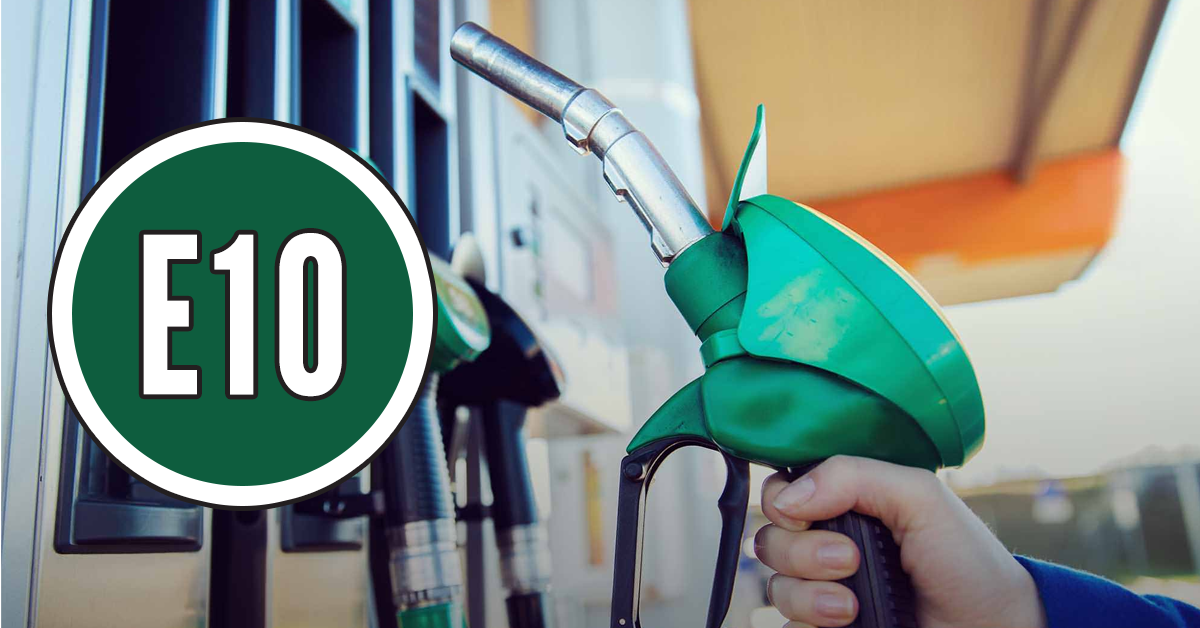
Government To Introduce E10 Fuel From 2021 To Tackle Emissions
 Emissions, Petrol
Emissions, PetrolTransport Secretary Grant Shapps today announced that motorists using petrol stations up and down the country will be filling their vehicles with a greener, cleaner fuel to drastically cut carbon dioxide emissions.
E10 fuel is a lower carbon option (using 10% bioethanol) than the current UK standard E5 (containing 5% bioethanol). E10 will become the new standard once introduced from 2021.
The impact of the introduction will be significant, reducing CO2 emissions by an estimated 750,000 tonnes per year. This is equivalent to taking around 350,000 cars off the road.
Transport Secretary Grant Shapps said:
“The next 15 years will be absolutely crucial for slashing emissions from our roads, as we all start to feel the benefits of the transition to a zero-emission future.
But before electric cars become the norm, we want to take advantage of reduced CO2 emissions today. This small switch to petrol containing bioethanol at 10% will help drivers across country reduce the environmental impact of every journey. Overall this could equate to about 350,000 cars being taken off our roads entirely.”
The introduction of E10 as the new standard will bring the UK in line with other European countries including Belgium, Finland, France and Germany.
Grant Pearson, Commercial Director of ethanol producer Ensus UK, said:
“We welcome today’s announcement as the availability of E10 will instantly make petrol a lot cleaner, providing significant carbon reduction benefits to our environment on the long road to net-zero emissions by 2050.
It is vitally important to protecting and potentially growing jobs in this industry, including many in the supply chain, and will bring tangible benefits to UK farmers and environmentally-conscious motorists.”
This announcement is the latest government introduced measure to support “decarbonisation of transport”, including funding for pioneering low carbon fuels, which are expected to save “nearly 85 million tonnes of C02 between 2018 and 2032.”
Nearside vs Offside – How to Tell the Difference
 Car Door Mirror, Car Parts, Car Parts Online, Nearside, OEM Parts, Offside, Spare Parts, Used Car Parts, Wing Mirror
Car Door Mirror, Car Parts, Car Parts Online, Nearside, OEM Parts, Offside, Spare Parts, Used Car Parts, Wing Mirror Common Ford 1.0L EcoBoost Engine Problems
 EcoBoost, Engine Problems, Engine Replacement, Ford, Used Car Engines
EcoBoost, Engine Problems, Engine Replacement, Ford, Used Car Engines 





